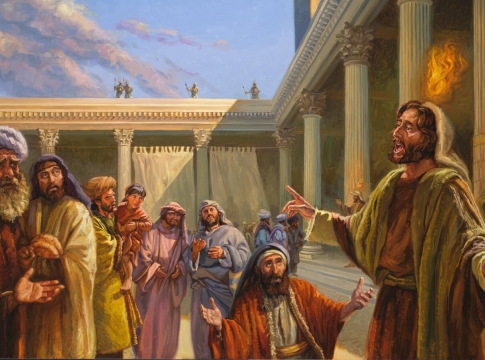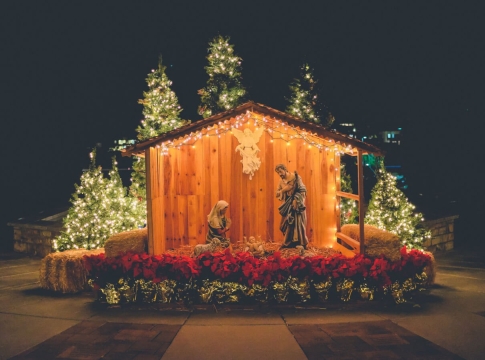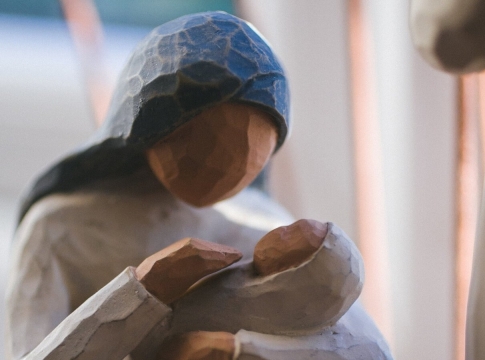
Just one day after the commercial chaos of Christmas, chocolate Easter eggs were everywhere in my city. Do we really want to participate in the celebration of seasons that the world has so completely taken over? Are the feasts really so significant?
Christians have had varying opinions about what or what not to celebrate throughout history, usually for very good reasons.
Celebrating feasts is not fundamental for your faith
But let’s begin with the apostle Paul, who, in Romans 14:5, says, “One person considers one day more sacred than another; another considers every day alike,” thereby stating, in my opinion, that feast-day celebration is not essential to your religion. They should all be completely persuaded in their own minds.
He goes so far as to say that blindly adhering to laws for particular seasons in the hopes of using them to merit salvation can be harmful. “You are observing special days and months and seasons and years!” he writes to the Galatians. I worry that I may have spent my time and energy on you. (Romans 4:10–11).
The issue here was that non-Jewish converts to Christianity began to adhere to teachers who taught them to observe all aspects of Jewish law, including holy days. Paul saw this as extremely risky since it ruined the freedom they had discovered in Jesus.
Remembering the great things God has done for us
However, what about right now? A few of our holidays, including as Pentecost and Good Friday/Easter, have their roots in traditional Jewish customs. They took on fresh significance after Christ’s death and the Holy Spirit’s outpouring. Both the general celebration and the specific dates on which we commemorate them are optional. However, I believe it is beneficial to have specific days on which we express our gratitude for all that God has done for us. God instituted the first Passover feast, which became Good Friday, for this reason—to let His people remember how He freed them from servitude.
Unite the church
As believers from many cultures come together to commemorate God’s works and give testimony to others in their community, these festivities also serve to bring the church community together on a global scale. It is true that the festivities have become nearly completely commercialized, especially in the former Christian countries. Nevertheless, they offer Christians plenty of chances to invite people to special church festivities and to discuss the reasons behind our celebrations with unbelievers.
About Christmas
Christmas is an odd holiday because it is not based on the Jewish calendar but rather has been scheduled to fall in line with festivals of the pagan midwinter. Additionally, it has included pagan motifs like as a Christmas tree. Some Christians may not wish to celebrate Christmas because of this. Nevertheless, I believe that the birth of Christ was such a miraculous event that it should be joyfully commemorated. Therefore, enjoy what God has accomplished and find a different date or get rid of the tree if you believe it is not Christian and you are having problems with the pagan calendar.
The Lord’s supper
The celebration of [the Lord’s supper], also known as communion or mass, is the one feast we may not overlook. because, according to Luke 22:19, Jesus ordered, “do this in remembrance of me.” It is a recurring time for introspection and gratitude rather than being associated with a specific date.
For humanity to be reminded of the spiritual truth of God’s salvation, earthly symbols such as bread and wine, days and rituals, and in-person gatherings with others are necessary. Therefore, embrace the holidays as a chance to recall and celebrate rather than as a chore or a law.





